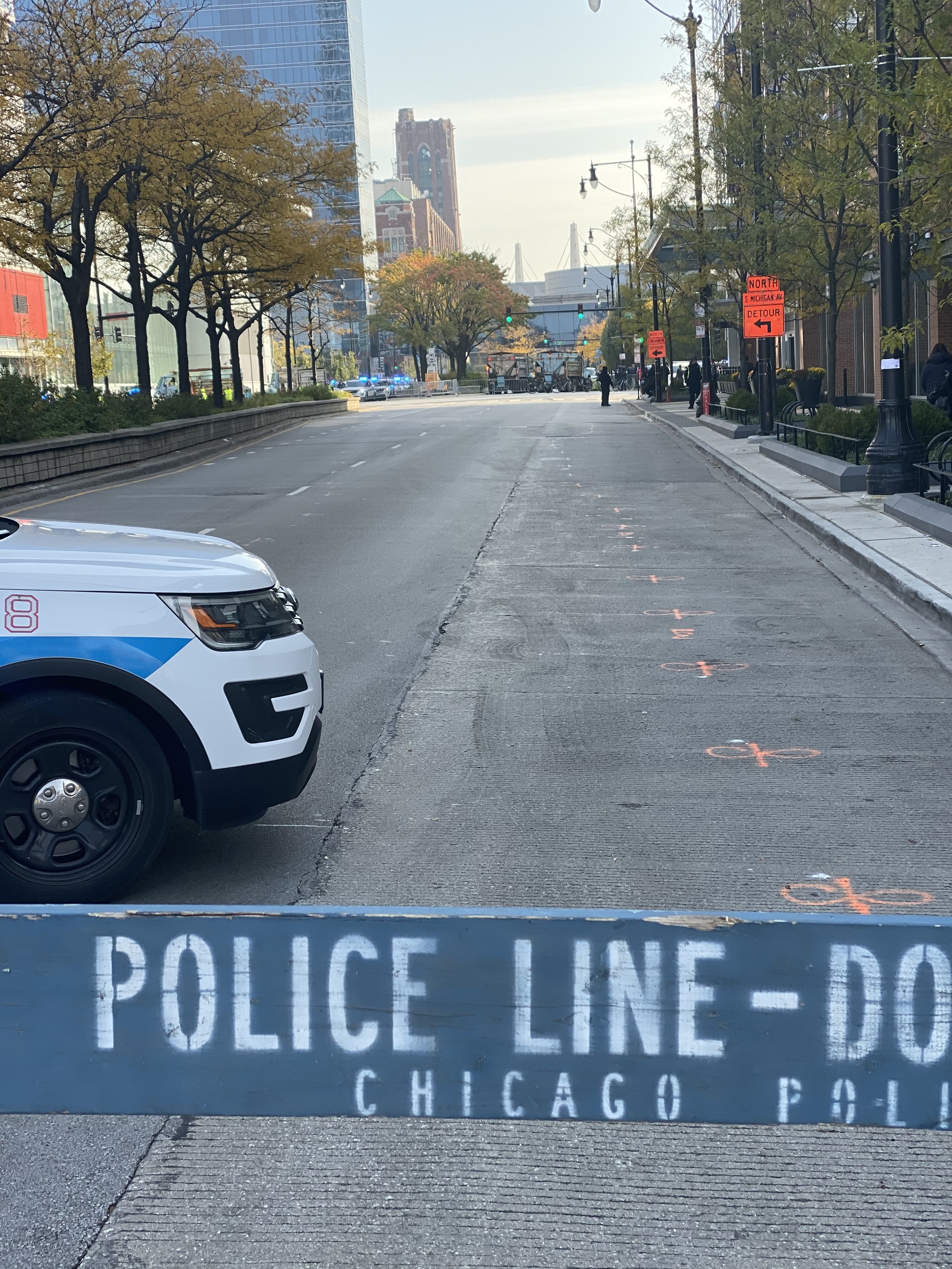
Your Mental Health is Important
As a wife of a former Chicago Police Officer, I have observed firsthand the lasting impact that the profession can have on both mental and physical well-being.
Experiencing fatigue, stress, and dealing with health concerns, family issues, and a negative outlook on life is a prevalent occurrence. These difficulties often contribute to a sense of imbalance and can lead to overlooking personal, familial, and other significant aspects of life.
First responders often refrain from seeking mental health services due to various factors, such as stigma, inadequate support from their department, being unaware of their mental health condition, confidentiality concerns, apprehension about being misunderstood by a counselor, and fear of being deemed unfit for duty.
Recognizing these considerations and challenges, coupled with my background, training, and familiarity with law enforcement and first responder culture, I am dedicated to fostering an environment that encourages open dialogue for first responders. My goal is to provide a safe space where individuals feel comfortable discussing their experiences without fear of judgement and to foster trust throughout our sessions.
What can one expect in sessions?
I typically like to incorporate a wellness model that focuses on overall mental, emotional, and physical well-being. This includes:
Exploring self-care practices, stress management, and leisure activities
Exploring exercise habits, sleep patterns, and nutrition
Identifying thoughts, emotions, and behavioral patterns
Exploring relationship and communication dynamics
Facilitating increased self-awareness of strengths and areas for growth
Collaboratively setting realistic goals
Addressing any other areas of interest or concern for the individual
I am here to provide support, equip you with skills and tools for emotional regulation and stress management, and assist you in achieving your goals.
Your mental health is a priority!
Privacy and confidentiality for First Responders are paramount to me.
Interested in EMDR?
Eye Movement Desensitization and Reprocessing Therapy
What is EMDR?
EMDR is a therapy approach centered on an individual's current concerns. It believes that past emotionally-charged experiences significantly impact present emotions, sensations, and self-perceptions. Through EMDR processing, individuals can overcome emotional barriers hindering their ability to lead an adaptive, emotionally healthy life.
EMDR employs a series of techniques to categorize negative and positive feelings, emotions, and thoughts. Bilateral stimulation, such as eye movement or alternating tapping, is then utilized to assist individuals in effectively processing these distressing memories.
Is it necessary to tell the therapist all the details about my experience in order for them to be processed?
No, it it not necessary to talk about all the details of your experience for them to be processed.
Will emotions come up?
Emotions and sensations may emerge during the processing; however, you will be guided and supported in managing them safely. Once processed, they rarely come back!
Is EMDR like hypnosis?
No, during EMDR processing you are present and fully in control.
For more information, you can contact me at (312) 415-9014 or via email at intake@cmp-counseling.com
Spouses/Partners of First Responders:
I also offer individual counseling for partners/spouses of first responders. If you would like to learn more or to schedule an intake appointment, please click here to fill out the inquiry form or give me a call at (312) 415-9014.
Resources for First Responders:




